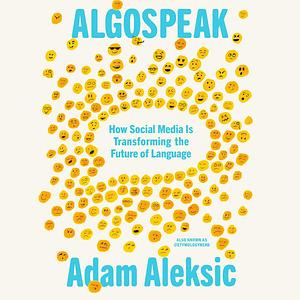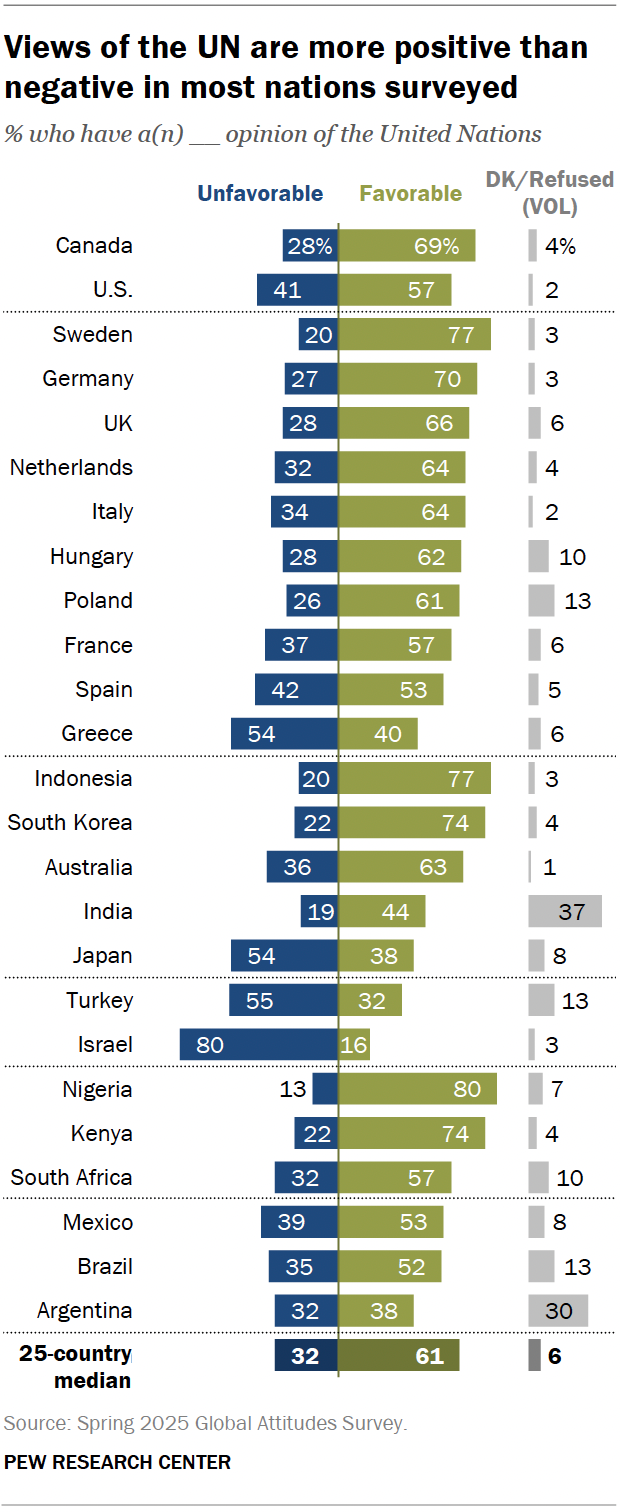The 279th Block: Pseudolaw and a new world order
(And pseudo-paywall)
This week…
Your reading time is about 6 minutes. Let’s start.
Dear readers,
I will turn on paid subscription to TSB in the coming days, but everything will remain free to read. There will not be any exclusive posts. I am merely doing it to keep some of my academic essays, like this one about the safe and equitable utilisation of space resources and benefit sharing, behind a paywall after it has been published. I cannot do this without turning on paid subscription. I am trying to avoid enabling plagiarism while also wanting to make the essays readily shareable to those in my personal or professional circle who are interested in reading it.
Please do NOT sign up as a paid subscriber, because you will be charged for receiving the same thing as free subscribers. And if you are interested in reading any of the essays after the paywall function is enabled, please just drop me a line. I will share them with you — for free.
Your Wikipedia this week: Sovereign citizen
And now, a selection of top stories on my radar, a few personal recommendations, and the chart of the week.
ICYMI: The Previous Block was about strongmen and supression.
CORRECTION NOTICE: None notified.PSEUDOLAW
‘Queen of Canada’ Romana Didulo remanded in custody, will represent herself at bail hearing Monday
Alexander Quon and Alex Kozroski for CBC News:
The cult leader was one of the 16 people who were arrested by the RCMP after a raid at a compound in Richmound, Sask. on Wednesday.
All 16 people were initially released without charges but police quickly rearrested Didulo, who calls herself the “Queen of Canada,” and Ricky Manz, who owns the compound in the village located 365 kilometres west of Regina.
Didulo and Manz have both been charged with failure to comply with an undertaking and intimidation of a justice participant. The failure to comply charge is because the pair were not supposed to contact each other. RCMP said the intimidation charge is related to an investigation in Richmound in July.
Information discussed during Didulo’s appearance Friday indicates that the charge is related to intimidating four people, including a police officer. Didulo repeatedly told Judge Alan Jacobson that she did not consent to her arrest, that she wanted a hearing under “natural law,” and that her case should be dismissed.
Jacobson was visibly annoyed as he instructed Didulo to not interrupt him.
Sovereign citizen conspiracy theorists, like Didulo, will certainly use pseudolegal arguments in court. And it will probably be quite the clown show. But it won't be the first time for Canadian courts. See: Naomi Arbabi. Loosely linked:
From 2024: How the “Queen of Canada” and conspiracy theorists splintered a small town by Rachel Browne, illustration by Michael Byers for The Walrus.
“Sovereign citizens” believe Australian laws do not apply to them. That’s where pseudolaw comes in by Ariel Bogle and Cam Wilson for ABC.
Why are police a target for sovereign citizen violence? by Emma Shakespeare, Keiran Hardy, and Kristina Murphy (Griffith University) for The Conversation.
AUTHORITARIANISM
Anatomy of a coup plot: why Jair Bolsonaro is on trial
Tiago Rogero for The Guardian:
Luiz Inácio Lula da Silva was days away from taking office for his third term as the Brazilian president when soldiers from a special operations unit allegedly discussed the best way to kill him – possibly through poisoning or administering drugs that would trigger “organ failure”.
Investigators would later conclude that the supposed plan to assassinate the president-elect, his vice-president and a supreme court justice was one of many strands of a wider plot designed to keep the far-right leader Jair Bolsonaro in power.
At the end of 2022, Lula had just won the elections and was staying at a hotel in the capital, Brasília, while a police officer leaked details of his security apparatus to the special ops.
Meanwhile, Justice Alexandre de Moraes, already responsible for the main cases against Bolsonaro, was allegedly targeted by heavily armed soldiers who took up positions near his home, awaiting the final order to kill him.
According to the federal police and Brazil’s attorney general, the assassination plan was only aborted because a court session was delayed – and, more importantly, the commanders of the armed forces refused to endorse Bolsonaro’s coup plot.
Loosely linked:
Kim Jong Un has brought his daughter to Beijing. What to know about the possible North Korean heir by Kim Tong-Hyung for AP.
Hot mic catches Putin and Xi discussing organ transplants and immortality but Putin’s fascination with long life is nothing new by Pjotr Sauer for The Guardian.
AI / ALGO
AI Apocalypse? Why language surrounding tech is sounding increasingly religious
Krysta Fauria for AP:
Despite Thiel’s explicit invocation of language from the Book of Revelation, the positive visions of an AI future are more “apocalyptic” in the historical sense of the word.
“In the ancient world, apocalyptic is not negative,” explains Domenico Agostini, a professor at the University of Naples L’Orientale who studies ancient apocalyptic literature. “We’ve completely changed the semantics of this word.”
The term “apocalypse” comes from the Greek word “apokalypsis,” meaning “revelation.” Although often associated today with the end of the world, apocalypses in ancient Jewish and Christian thought were a source of encouragement in times of hardship or persecution.
“God is promising a new world,” said Professor Robert Geraci, who studies religion and technology at Knox College. “In order to occupy that new world, you have to have a glorious new body that triumphs over the evil we all experience.”
Geraci first noticed apocalyptic language being used to describe AI’s potential in the early 2000s. Kurzweil and other theorists eventually inspired him to write his 2010 book, “Apocalyptic AI: Visions of Heaven in Robotics, Artificial Intelligence, and Virtual Reality.”
The language reminded him of early Christianity. “Only we’re gonna slide out God and slide in … your pick of cosmic science laws that supposedly do this and then we were going to have the same kind of glorious future to come,” he said.
Geraci argues this kind of language hasn’t changed much since he began studying it. What surprises him is how pervasive it has become.
“What was once very weird is kind of everywhere,” he said.
Loosely linked:
Some French publishers are giving AI revenue directly to journalists by
Andrew Deck for Nieman Lab.
Clingy chatbots, AI recruiters and other new research findings by Rina Chandran for Rest of World.
Lost in translation - How Africa is trying to close the AI language gap by Pumza Fihlani for BBC.
How journalists can hold algorithms accountable in India – and beyond by Karen Rebelo for RISJ.
Other curious links, including en español et français

LONG READ | Monitoring conflict amidst a sea of misinformation by Makepeace Sitlhou for Bellingcat.
EXPLAINER | Indonesia’s fury and deep resentment rages on despite crackdown. Here’s what to know by Kathleen Magramo for CNN.
INFOGRAPHIC | China’s war technology on parade by Arathy J Aluckal, Han Huang and Greg Torode for Reuters.
PHOTO ESSAY | ‘When can I go back to school?’: communities in danger hold on to education in Latin America by Chris de Bode for The Guardian.
Los bulos buscan predisponer a la gente a aceptar formas de gobierno más autoritarias por Adriana T en CTXT.
Ingrid Guardiola: “Entre el capitalismo de plataformas y la extrema derecha hay una relación fraternal” por Oriol Solé Altimira en elDiario.es.
Ganar, perder o empatar: la inevitable batalla entre libertarios y peronistas por el resultado final de las elecciones bonaerenses por Facundo Chaves en Infobae.
Gaza : sur Wikipédia, qui rédige les bios des journalistes tués? par Clément Aulnette et Stéphanie Thiriet dans La revue des médias.
L'été a-t-il été anormalement chaud chez vous? par Laurianne Crouteau dans Radio-Canada.
Luxe post-IA: demain, tout le monde s’arrachera le « vraiment fait main » par Adrien Moret dans Usbek & Rica.
What I read, listen, and watch
I’m reading Algospeak (2025) by Adam Aleksic. This was a short, easy read. I think it might be helpful for people who are around teens and young adults who want to understand the slangs they use. I wish it dove a lot deeper into the etymology of Internet slang, and went further back to MySpce, Tumblr, Vine (RIP), and the likes for historic and linguistic contexts. It feels almost like a TikTok version of a book — shorter, quicker, surfacy, attention-grabbing, but gives you enough to provide the first steps to learning about something, although it’s up to you to research the rest. Skip it if you already live it.
I’m listening to The Inside Story on whether a new bloc being formed to challenge the US and the West.
I’m watching entertainment and IP lawyer Krystle Delgado explain the Spotify situation.
Chart of the week
Ahead of the 80th session of the United Nations General Assembly in New York, people around the world continue to see the UN in a largely positive light, according to a Pew Research Center survey of 31,938 adults in 25 countries earlier this year.



